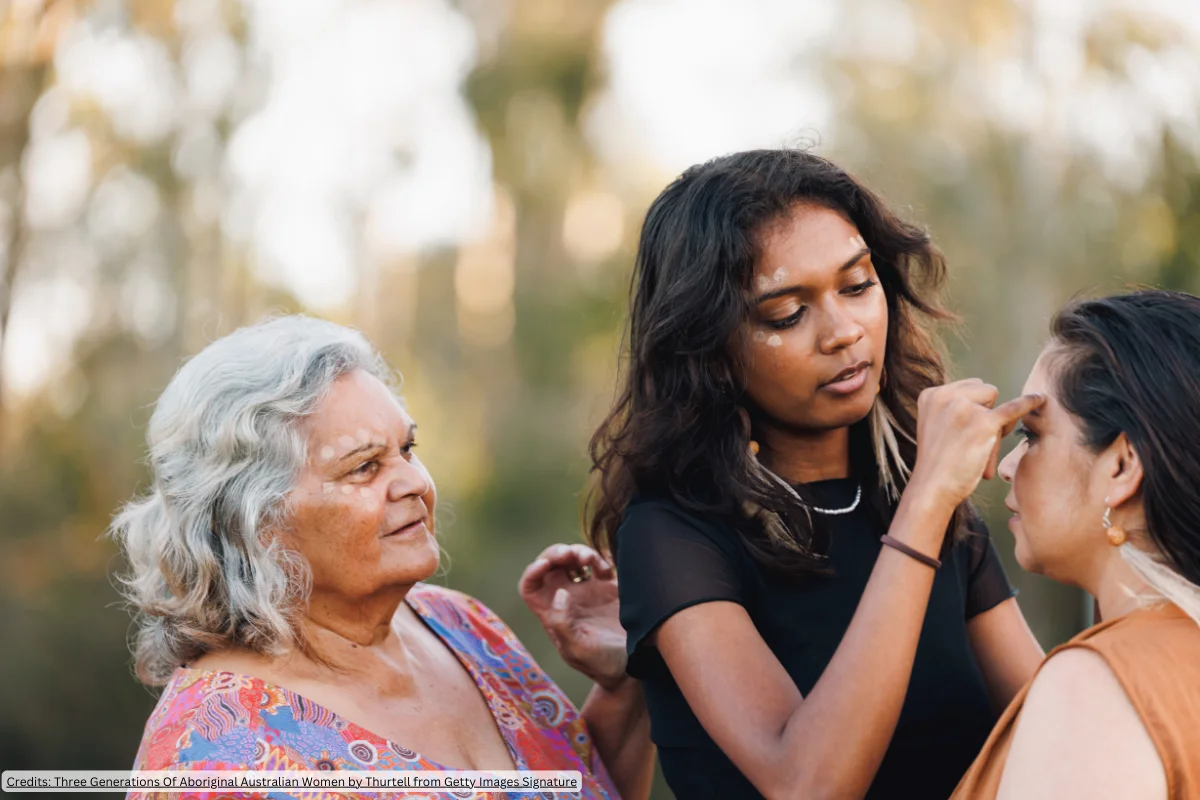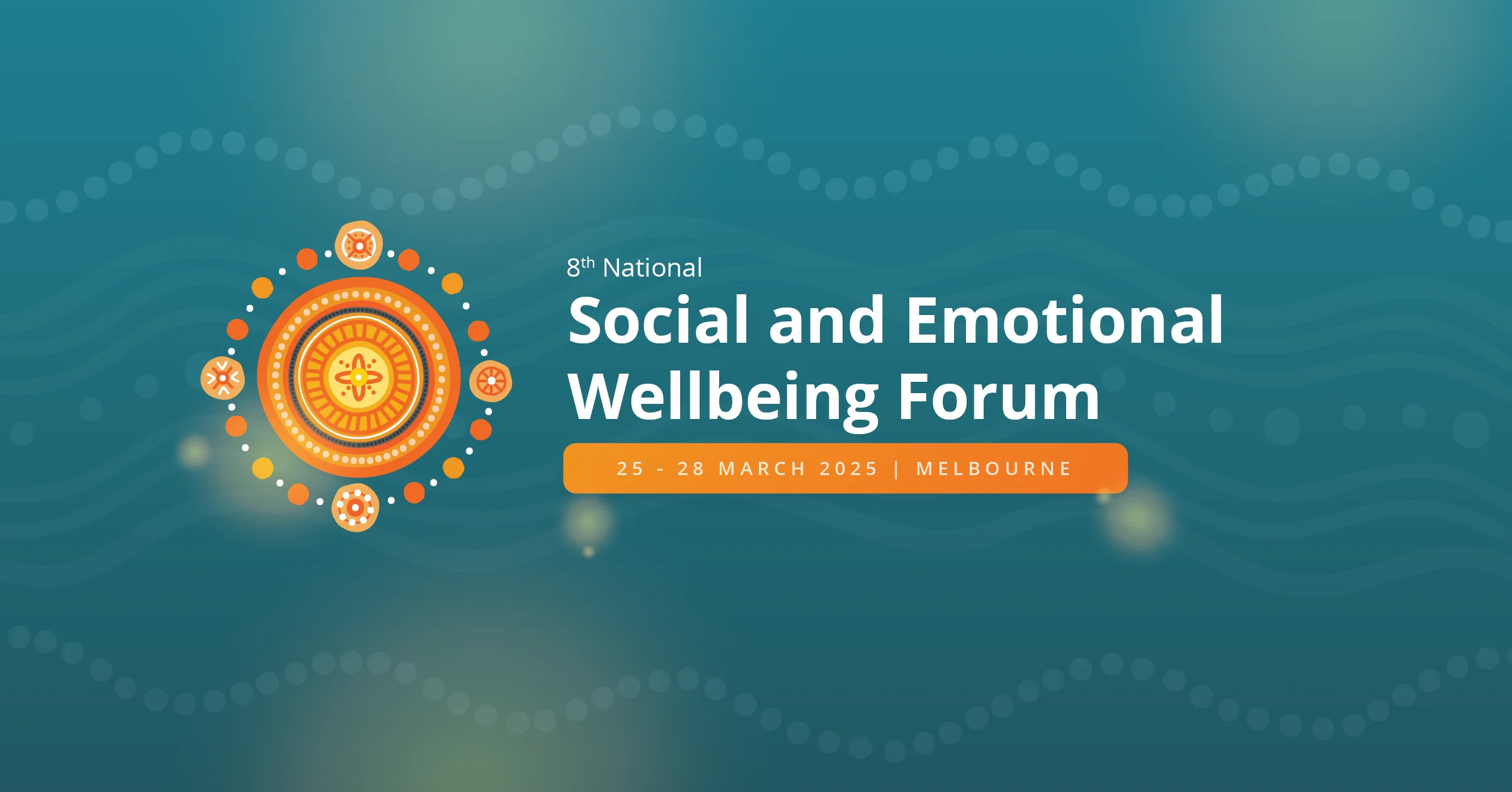I want you to think back to 2014 – more specifically the 22nd of February. It was the day “12 Years a Slave” won a NAACP for Outstanding Picture. At Woolloomooloo; an upmarket suburb in inner Sydney – Charlotte Dawson (47) a Model and Television Personality was found dead, hanging in her apartments lounge.
Charlotte was a person who appeared to have it all – celebrity, money and a lifestyle that others might envy. Charlotte was a victim of cyberbullying. Cyberbullying is the “ugly brother” of regular bullying and it is where people use technology to bully others. Unlike regular bullying, people who do it can be somewhat hidden or anonymous. It can also play out to a much larger audience of witnesses than regular bullying, and there are usually very little (if any) consequences for doing it.
Cyberbullies attacked Charlotte using social media and tormented her repeatedly, even telling her she should hang herself. Charlotte confronted the bully’s and even shared their comments publicly – but the repeated barrage took its toll on her and she slid into a depressed state.
Telling someone to kill them self would not normally lead to an act of suicide, but when they are in a depressed state of mind (like Charlotte was) that is what can happen.
Charlotte was just one in an alarming cyberbullying trend. 36.5% of people feel they have been cyberbullied in their lifetime with 17.4% of these people saying that it has happened in the last 30 days (Cyberbullying Research Centre 2019 Cyberbullying Data). Alarmingly these figures are more than double what they were in 2007, and both figures are larger than in 2018 – showing an upward trendline.
With the recent coronavirus impact around the world, almost everyone has been forced to go “online” now. With >85% of online teens also being social media users – based on historical trends it can be reasonably concluded that there will be a further increase in the cyberbullying trend in coming years.
When trying to combat cyberbullying it is very difficult because of the jurisdictions involved. Stories are heard all the time of people trying to do something about it but schools, parents, workplaces, law enforcement, government departments and technology providers often seen powerless to prevent it from happening.
BillyGuard has been setup to tackle the problem once and for all. Now instead of someone having to try and figure out which telco to contact (when being bullied by phones), or how to even contact a social media provider – it’s as simple as registering the complaint on BillyGuard’s free platform and the issue will be addressed for you.
Because it is so simple to open social media accounts by simply creating another email address and a fake name etc – often when someone is blocked by a technology provider – they are back online in a matter of minutes to continue bullying.
BillyGuard uses its proprietary tools to identify a bully using their digital footprint. What this means is that someone’s fake identity is no longer a protection for them – their actual details/identifying criteria are stored in a database which is then searchable by technology providers. This ensures that there are real consequences for bad behaviours. This is the only genuine deterrent available!












